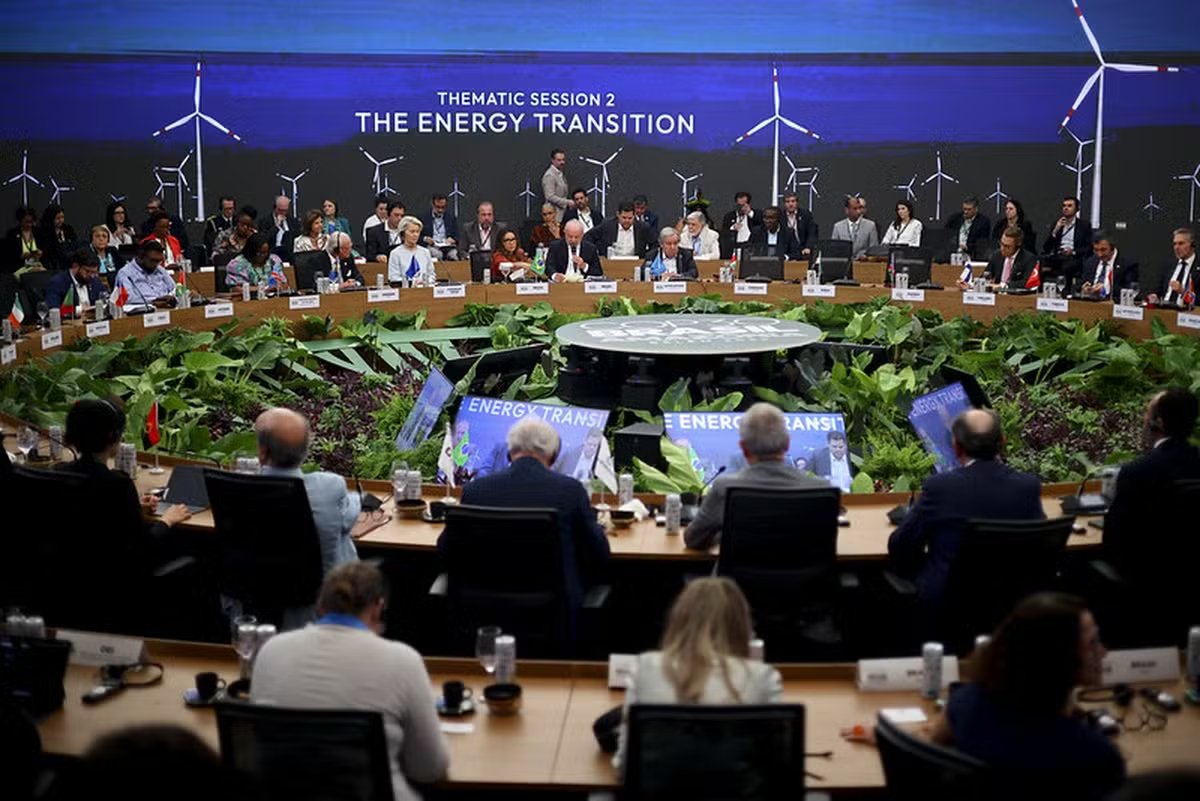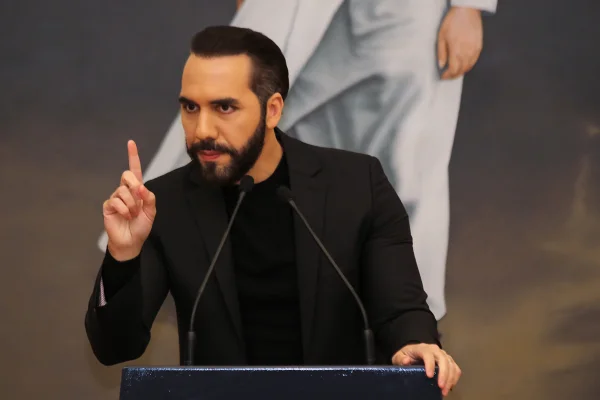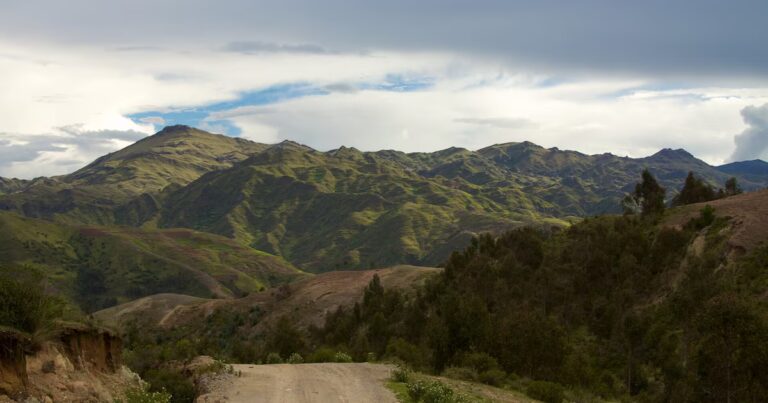
The IDB yesterday announced the first guarantee by a multilateral bank for forest restoration during COP30. In the case of Triunfo de Sing, it is US$15 million. In the world of COP, there is talk of trillions of dollars, but what are these millions of dollars? Anyone who has already visited APA Triunfo do Xingu will appreciate the news. This was the most deforested protected area in 2021. I went there in 2022. We traveled many miles and never saw a tree. There are land grabbers, bulls and cleared forests. This is one of the many spots in the Amazon where people struggle to maintain forests. The IDB will guarantee investments in restoration carried out in public-private partnerships.
Yesterday, the deadline to include four items that had been left off the meeting agenda passed. The COP Presidency will continue its efforts. One key point is how to define national funds in climate finance. The other is raising national goals. As COP President Andre Correa de Lago would argue: Brazilian diplomacy knows how to move forward little by little. Greenpeace said in a statement that while the lack of inclusion was concerning, Brazil’s president had “succeeded in moving the debate into something more practical and rhetorical.” Diplomacy here has skills that come from afar. The ambassador’s middle name is Alanja, which comes from his grandfather Oswald Alanja.
In an interview with journalist Julia Douairibi, Ambassador Lilliam de Moura, director of the Climate Bureau in Itamaraty, said that COP negotiations require athleticism. This is the United Nations’ largest negotiation, involving the entire world, with thousands of observers and outside parties participating. The world is in the middle of a COP. How to actually do this. The Ambassador presented a huge agenda with 145 items on the agenda for this meeting, 20 of which were basic items. “You can’t always eat, which is why you need to stay hydrated.”
A theme that can be understood as a horizontal development. Minister Aniel Franco spoke to me via voice message as he ran from meeting to meeting. She considers the president talking about environmental racism a victory. This problem came under heavy attack when it emerged, and is still under attack today. But as you say, black people are in the communities most vulnerable to large-scale disasters. It is a result of inequality. “I have several bilateral meetings to discuss this topic. There is no climate justice without racial justice,” he said, before rushing off to another topic of discussion. “Without sustainable solutions, there is no future.”
In Rio, I interviewed UFRJ’s economist Carlos Eduardo Young and Open Society’s Laura Carvalho. When I asked Young about oil off the coast of Amapá, he said the big problem with oil is that it’s not comprehensive.
-Biofuel chains generate three times more jobs and twice as much income as oil chains.
Laura believes that the new economy links development and climate change.
-This topic will be a very central topic at this COP. Brazil is bringing the link between climate change and development into the discussion.
One person who showed up but did not participate in the negotiations was California Governor Gavin Newsom. New Mexico Governor Michele Lujan Grisham also visited Japan. California has always been a pioneer in environmental policy, and New Mexico lives on oil. The presence of both represents news. Federalism and American democracy mitigate the absence of the American government at the negotiating table. And this absence may be temporary. The US may return after the end of the Donald Trump administration, especially as a significant portion of US GDP continues to invest in economies transitioning to a lower-emissions world.
The COP discussion is practical, although at times it seems a little theoretical. We are looking for ways to protect people from hurricanes, drought, desertification, floods, and heat waves. What seems complicated when presented in a sea of acronyms, jargon, and parentheses is easily understood by those who deal with the problem on a daily basis. I interviewed Mr. Joaquim at Triunfo do Xingu. He produces cocoa and other crops on his farm, but he respects legal reserves. “I saw with my own eyes that farmers were clearing 1,000 to 2,000 hectares of forest.” When I asked him what he thought about this, he replied: “I think we need policies aimed at preservation. We are seeing an alarming amount of atrocities.” What is being discussed in Belém is real and concrete.



